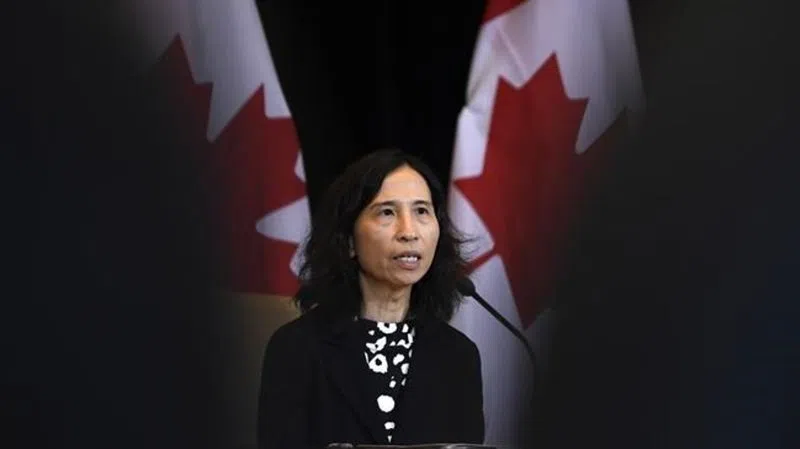
Britain bids adieu to EU and a gardener in the tundra; In The News for Jan. 30
In The News is a roundup of stories from The Canadian Press designed to kickstart your day. Here is what’s on the radar of our editors for the morning of Jan. 30 …
What we are watching in Canada …
Canada’s chief public health officer says it will likely take at least a year before a vaccine is developed to protect people against the new coronavirus that is spreading around the globe.
In the meantime, Dr. Theresa Tam says government and public health authorities should plan on having to manage the outbreak for some time to come.


